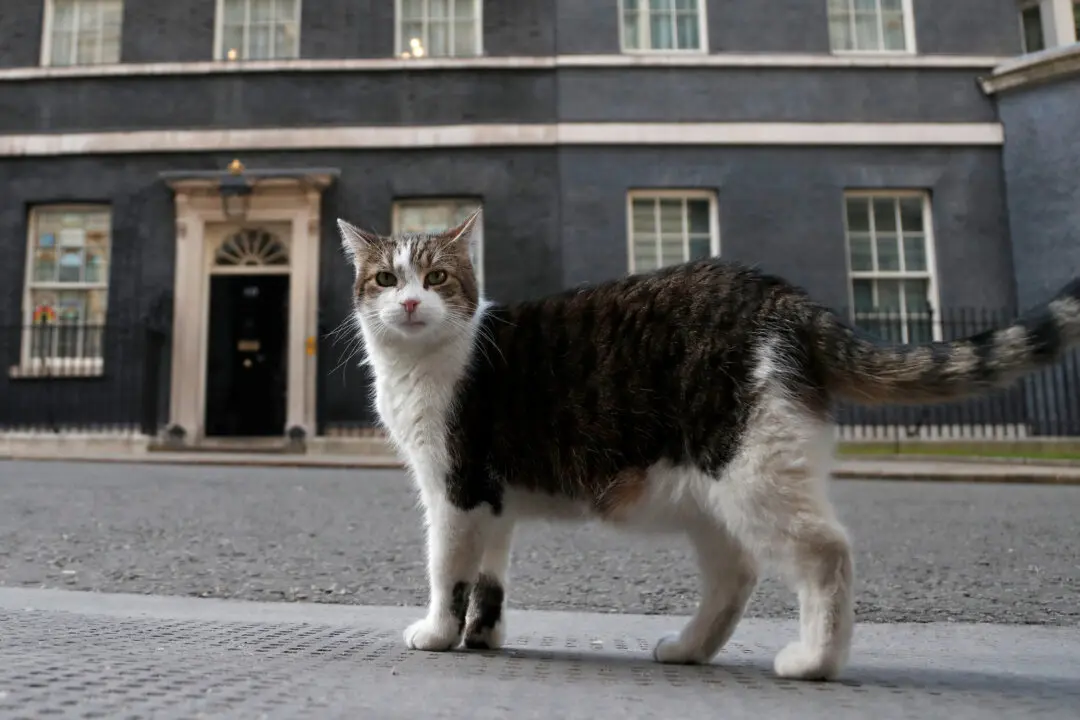The Tokyo Olympics cost $1.8 billion less than anticipated, local organizers said Wednesday, 4 1/2 months after the Games ended.
Organizers said the estimated official costs were $13.6 billion. Officials said part of the reduction was because there were no fans—forced by the pandemic—and therefore vastly reduced labor costs. They also said other outlays were lower than expected.





